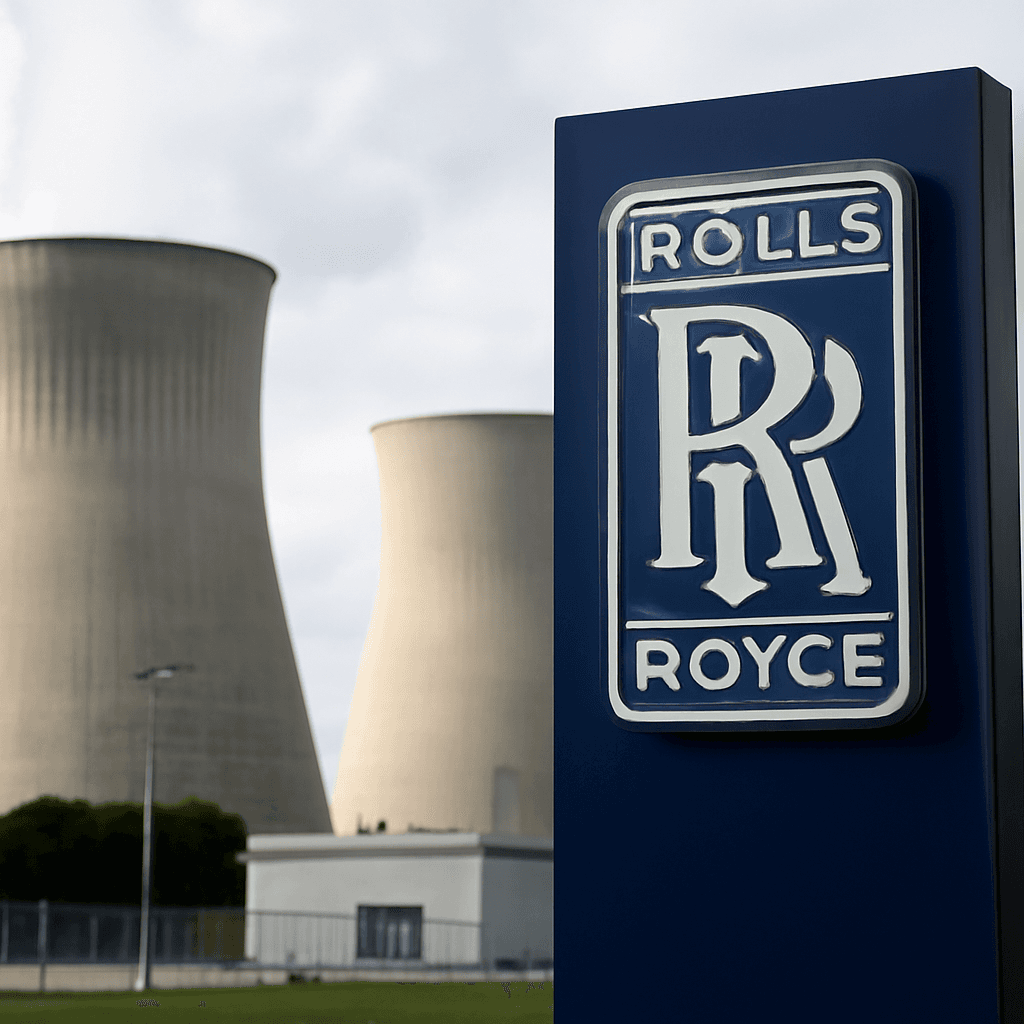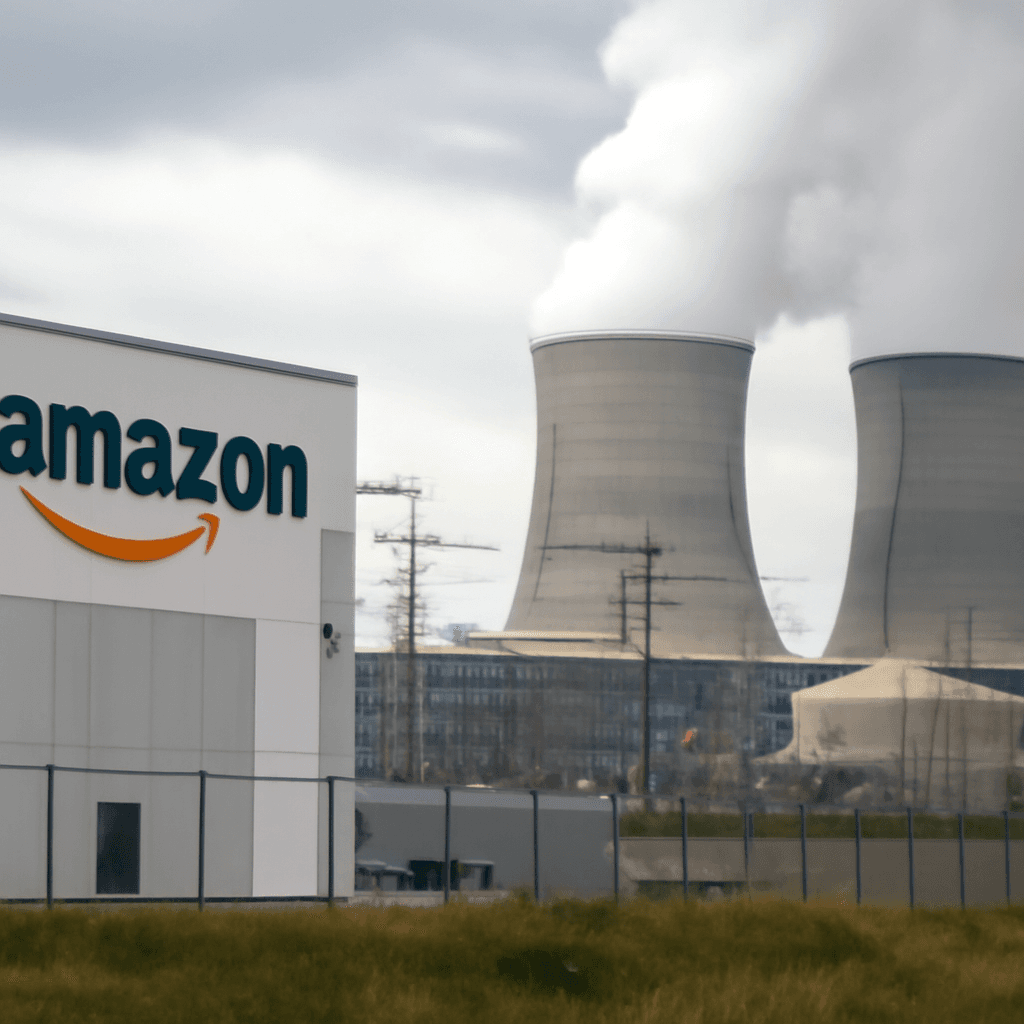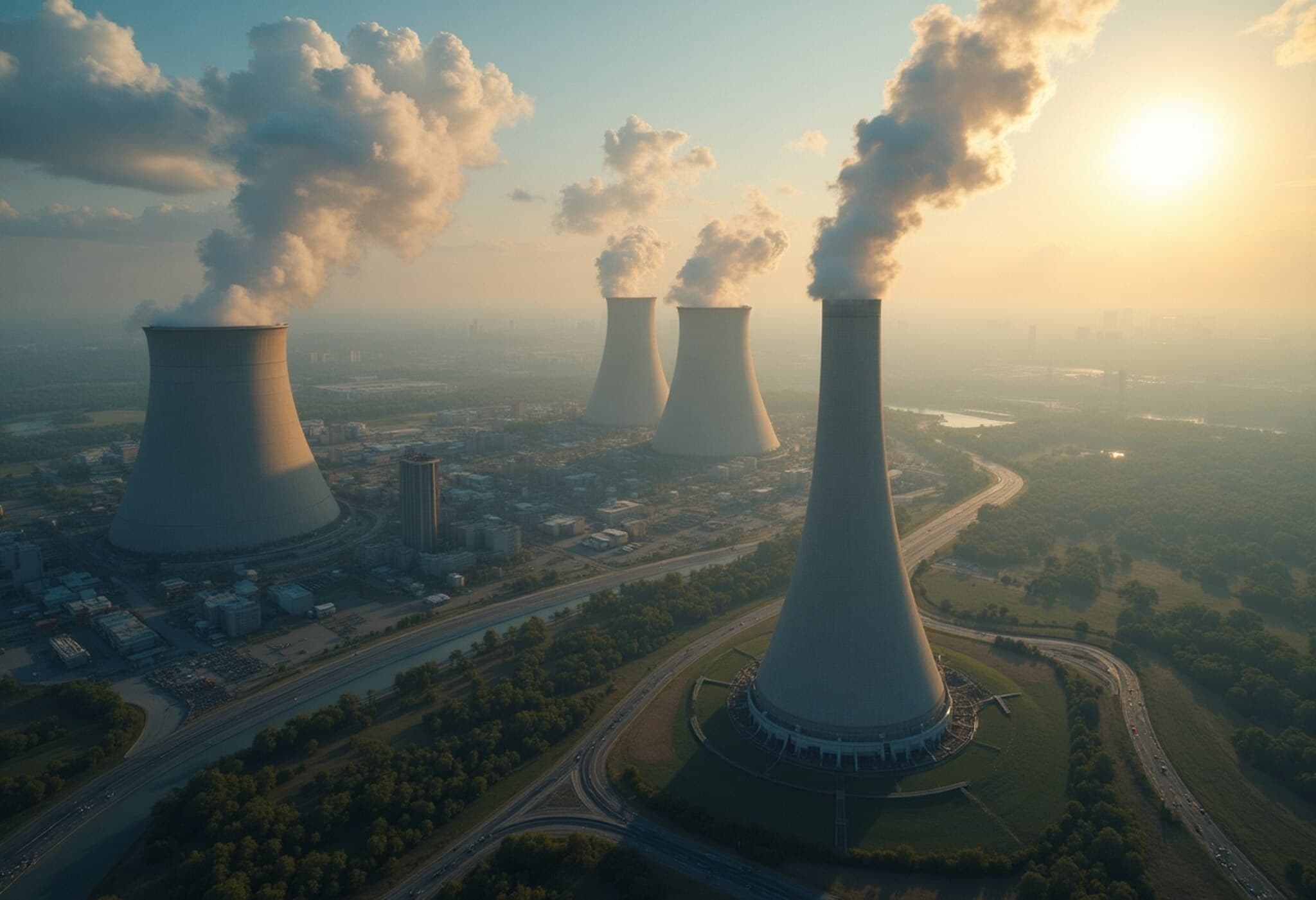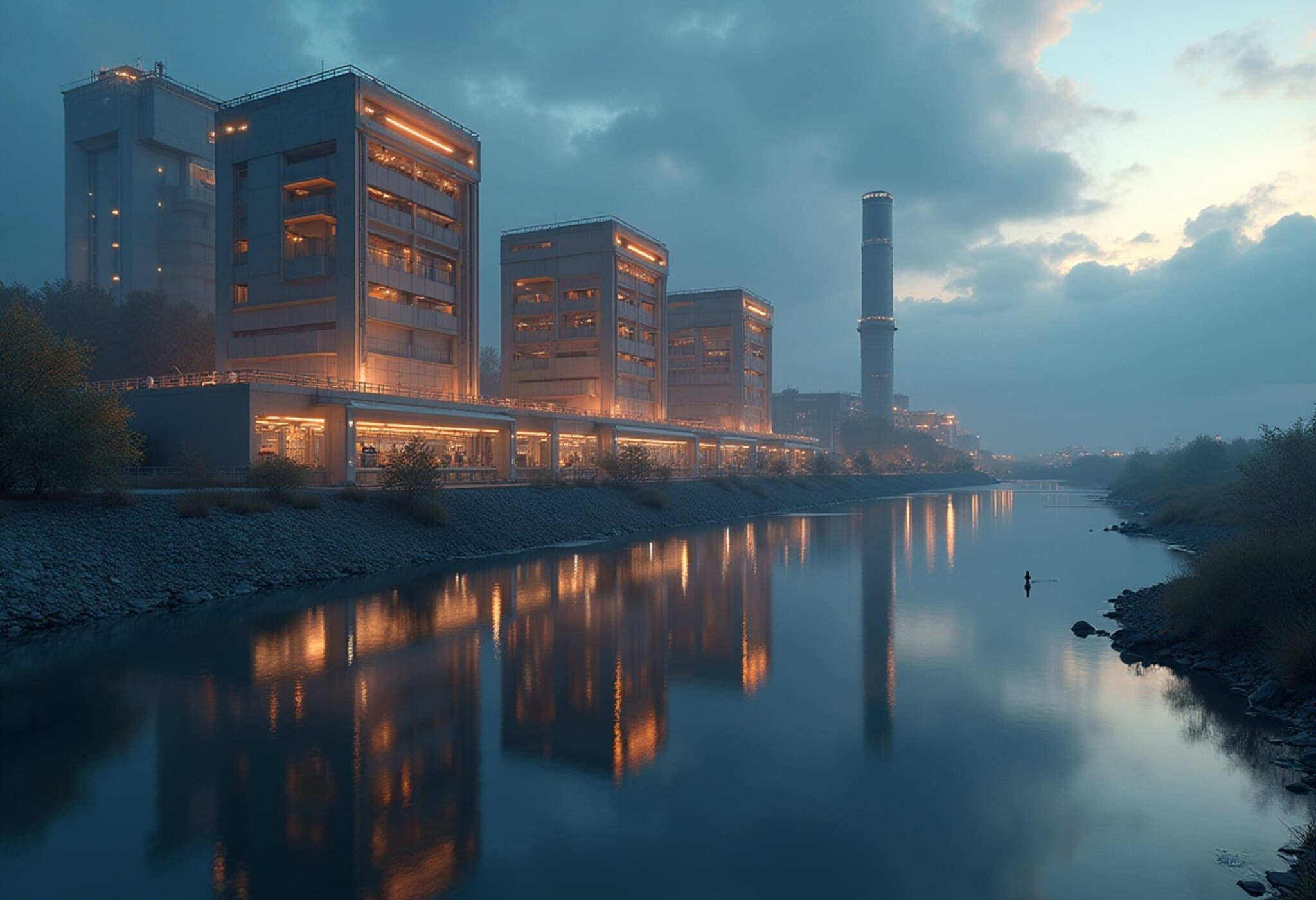Rolls-Royce Awarded UK Government Backing for Nuclear Innovation
British aerospace powerhouse Rolls-Royce has secured official support from the UK government to lead the development of the nation's first small modular nuclear reactors (SMRs). This milestone marks a significant step forward in Britain's commitment to revitalizing its nuclear energy landscape after a thorough two-year selection process.
Government’s Renewed Nuclear Ambitions
The announcement aligns with the UK’s broader energy strategy, which also includes a hefty investment of £15.7 billion ($19.2 billion) to construct the large-scale Sizewell C nuclear power station in eastern England. Energy Secretary Ed Miliband highlighted the profound impact of SMR projects, emphasizing their potential to generate thousands of jobs, boost regional economies, and enhance the country’s energy security.
“We are ending the no-nuclear status quo as part of our Plan for Change and are entering a golden age of nuclear with the biggest building programme in a generation,” Miliband stated.
Economic and Environmental Impact
The Labour-led government projects that once operational in the mid-2030s, the SMRs could supply electricity to power approximately 3 million homes and create up to 3,000 new jobs. These developments underscore nuclear power’s growing role in meeting the country’s clean energy demands while supporting economic growth.
Rolls-Royce’s Milestone and Market Response
The decision came from Great British Energy - Nuclear, a government-owned enterprise, selecting Rolls-Royce to build and deploy three SMR units. The company hailed this endorsement as a “very significant milestone” for both its business and the future of the Rolls-Royce SMR division.
CEO Tufan Erginbilgic expressed optimism, calling it a “vote of confidence in our unique nuclear capabilities” with global implications. He also reiterated that the company’s recent transformational strategies are bearing fruit.
Following the news, Rolls-Royce shares climbed over 2%, reaching a fresh 52-week peak, reflecting investor optimism.
Looking Ahead: Contracts and Construction
The UK government plans to finalize contracts with Rolls-Royce SMR and allocate a suitable site within the year, pending regulatory clearances. This forward momentum signals a clear governmental intent to embed SMRs as a core component of Britain’s clean energy future.
Small Modular Reactors: A Controversial Energy Frontier
SMRs promise several advantages over traditional nuclear plants, including smaller size, reduced construction time, and potentially lower costs once fully commercialized. Globally, corporations and governments are taking note; industry giants have signed agreements to develop SMRs, particularly in the US, where data centers' soaring energy demands push for innovative, reliable power sources.
The Promise of Low-Carbon Power
Advocates champion nuclear energy for its low carbon footprint, suggesting it could be vital in slashing emissions and decreasing reliance on fossil fuels, thereby supporting global climate goals.
Environmental Concerns and Criticism
Nevertheless, nuclear power remains divisive. Some environmental groups critique the sector as costly and hazardous, arguing that nuclear investments divert resources from cheaper and cleaner renewable alternatives like wind and solar.
The emerging debate highlights the challenge in balancing urgent climate action with economic practicality and long-term environmental safety.
















